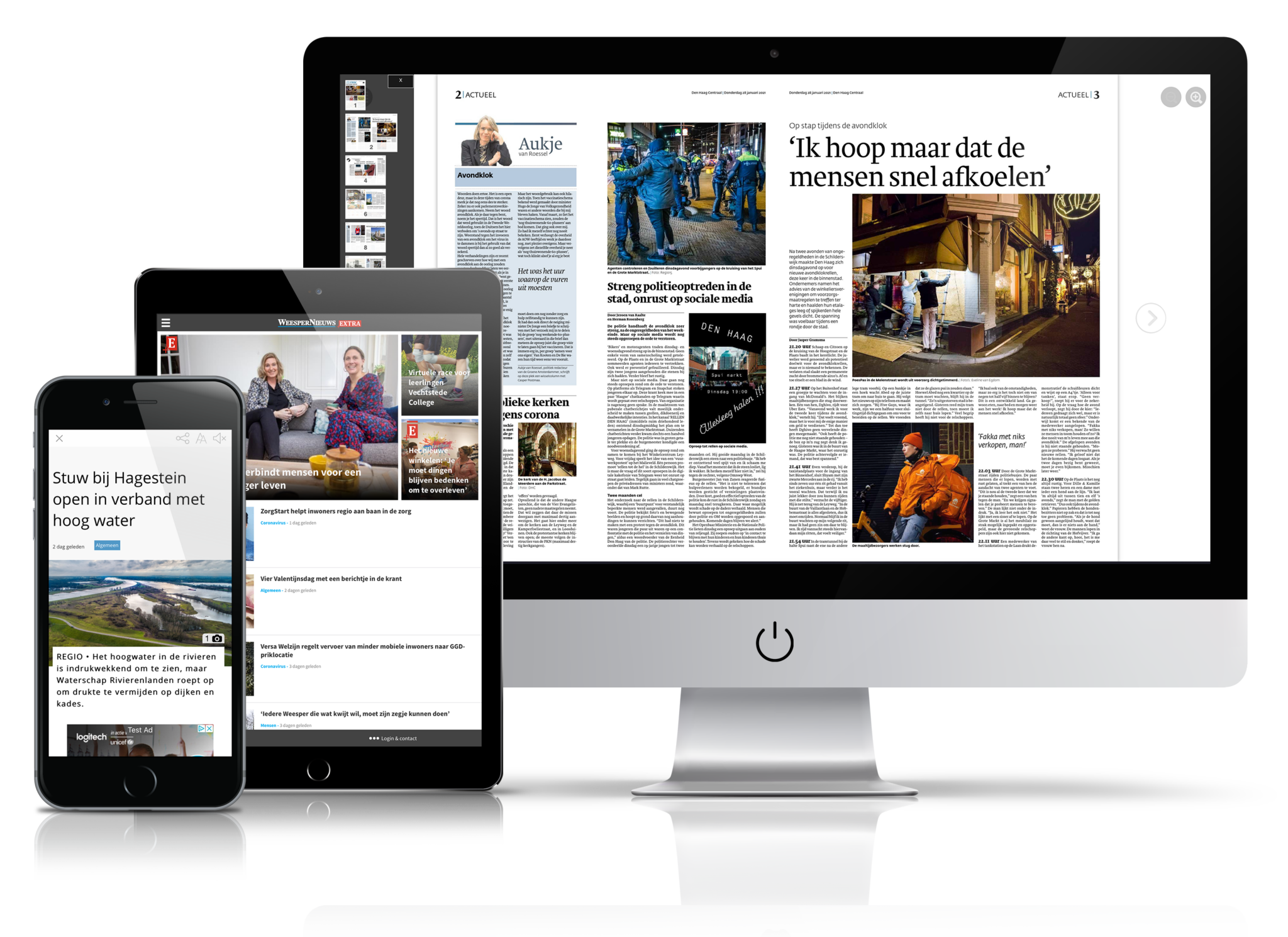About News Websites
About News Websites
Blog Article
News Websites for Beginners
Table of ContentsAll About News WebsitesThe Ultimate Guide To News WebsitesThe 10-Second Trick For News WebsitesTop Guidelines Of News WebsitesGet This Report about News Websites
It was down in the UK and Brazil however up some various other nations, such as Greece, Bulgaria, and Poland (News Websites). This year, for the very first time, we inquired about the various ways that people avoid the news and found that around half of avoiders (53%) were trying to do so in a broad-brush or periodic way for example, by switching off the radio when the news came on, or by scrolling past the news in social networksYou claimed that you try to actively avoid information.

I'm probably picking to learn more light-hearted tales than I utilized to at the moment. M, 51, UK Switching my back on news is the only means I feel I can deal sometimes. I need to knowingly make the initiative to avert for the sake of my very own mental wellness.
3 Easy Facts About News Websites Described
Discerning avoidance of Ukraine information was highest in most of the countries closest to the dispute, reinforcing findings from our added survey in 2015, right after the war had started. Our data might not recommend a lack of rate of interest in Ukraine from nearby countries however instead a desire to take care of time or protect mental wellness from the very genuine scaries of war.
Contrasting Finland with a politically polarised nation such as the United States (see next graph) that is much less influenced by the war, we discover an extremely various pattern of subject evasion. In the United States, we find that consumers are extra likely to avoid subjects such as national politics and social justice, where discussions over problems such as sex, sexuality, and race have actually become highly politicised.
American politics are pretty harmful these days. I locate occasionally that I need to separate from tales that simply make me mad. F, 61, United States For some individuals, bitter and disruptive political debates are a reason to turn off news altogether, however, for some political partisans, avoidance is typically regarding shutting out point of views you don't intend to hear.

Fascination About News Websites
Some are seeking to make news more obtainable for hard-to-reach groups, widening the news schedule, commissioning even more inspiring or favorable news, or welcoming useful or solutions journalism that offer people a feeling of hope or personal firm. In our survey this year, we asked participants concerning their interest in these various approaches.
This describes why tales like Ukraine or national politics execute well with news regulars yet can at the same time turn much less interested users away (News Websites). Careful avoiders are less thinking about all kinds of news than non-avoiders yet in relative terms they do appear to be more thinking about favorable or solutions-based news

How News Websites can Save You Time, Stress, and Money.
2023). This may hold true in the moment, but her explanation in time it seems to be leaving many individuals vacant and less satisfied, which might be threatening our link with and rely on the news. Across markets, total count on news (40%) and trust fund in the resources people utilize themselves (46%) are down by an additionally 2 percentage factors this year.
Undoubtedly, through the rear-view mirror, the COVID-19 trust fund bump is clearly noticeable in the complying with graph, though the direction of traveling later on has been blended. Sometimes (e.g. Finland), the trust boost has actually been preserved, while in others the upturn looks even more like a blip in a story of ongoing long-term decrease.
Some of the greatest reported degrees of media criticism are discovered in nations with highest degree of distrust, such as Greece, the Philippines, the USA, France, and the UK. The most affordable degrees of media objection are frequently in those with greater degrees of trust, such as Finland, Norway, Denmark, and Japan.
Getting My News Websites To Work
This year we asked Click This Link participants concerning their choices for message, sound and video clip when consuming news online. Generally, we discover that the bulk still favor to review the information (57%), as opposed to watch (30%) or listen to it (13%), yet more youthful people (under-35s) are more probable to listen (17%) than older groups.
Behind the standards we locate substantial and shocking nation distinctions. In markets with a solid reading tradition, such as Finland and the United Kingdom, around 8 in 10 still like to check out on the internet news, yet in India and Thailand, around 4 in 10 (40%) claim they like to enjoy news online, and in the Philippines that proportion is over fifty percent (52%).
Report this page